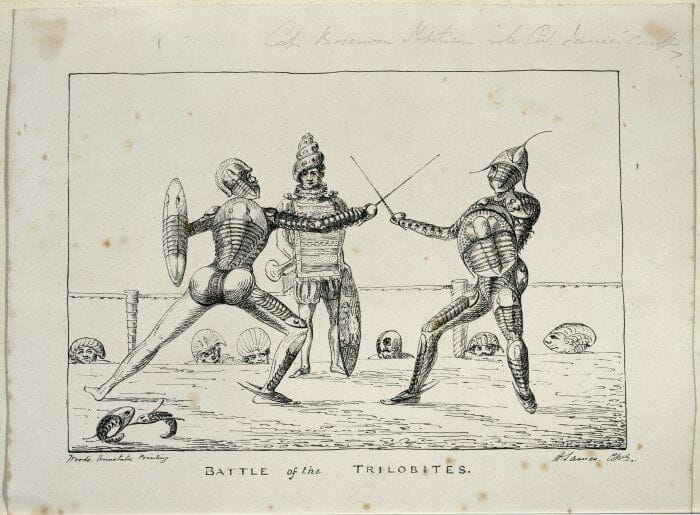
Recently I wrote about the two dominant global MLM essential oil companies based in Utah: Young Living and doTERRA. Last month Young Living announced it is entering the CBD oil market, but doTERRA publicly stated on its website that it will not (yet) follow suit, even though everyone and their dog are clamoring for CBD oil and CBD oil-derived products. doTERRA only hints that it may produce CBD oil if it can be produced according to doTERRA’s rigorous standards for its products, but “Right now, it is not possible to deliver a CBD oil that meets [doTERRA’s] CPTG® standards.”
Instead, doTERRA has gone to great lengths to educate its distributors (wellness consultants) both about the medical and legal issues surrounding CBD oil. On its website in a post modestly titled Everything You Need to Know About CBD, doTERRA provides a part-medical part-legal treatise, complete with embedded video, a PowerPoint presentation, and 24 footnotes to medical journals and federal laws. Its thoroughness means that it is a beast to digest if you did not double major in pre-med and pre-law, but doTERRA makes some compelling points about the current unsettled state of CBD.
On the legal side, doTERRA takes a conservative approach:
- doTERRA advises its distributors to “remain cautious” against products that may not follow the Federal Food, Drug, and Cosmetics Act (the “FD&C Act”) that may put health and safety at risk. This point is well taken, as we mentioned in a prior blog post entitled Four Important Considerations for Any Hemp CBD Company.
- Relatively little medical and scientific research has been completed regarding CBD and its “perceived health benefits” (see FDA Says It Is Speeding Up The CBD Regulation Process). This point is also well taken with respect to U.S. regulators. Neither the FDA nor the USDA have issued implementing regulations yet regarding hemp-derived CBD.
Young Living is aware of these potential legal issues with the current state of CBD, and it has taken proactive steps to mitigate potential negative effects. In its acquisition of Colorado-based Nature’s Ultra that produces 0.0% CBD oil (no THC content), Young Living has opted to keep Nature’s Ultra as a separate operating company rather than integrating its operations within Young Living. Nature’s Ultra’s CBD oils can be purchased with Young Living’s essential oils blended into its products rather than the other way around.
On the medical side, doTERRA provides extensive information regarding cannabinoids:
- The human body has cannabinoid receptors that are broken down into two categories:
- CB1 receptors – affect the brain and central nervous system (pleasure and reward) (more widely distributed throughout the body).
- CB2 receptors – immune system (inflammatory system) (less widely distributed than CB1 receptors).
- THC works directly on both CB1 and CB2 receptors.
- CBD works indirectly on both CB1 and CB2 receptors by slowing down the work of an enzyme called fatty acid amide hydrolase (“FAAH”), which breaks down anandamide (your body’s naturally-produced cannabinoid as a response to strenuous exercise (runner’s high), stress (fight or flight), and other related stimuli (stepping on a pile of your kid’s Legos in the dark)), which is why anandamide is called an endocannabinoid).
- A slower breakdown in anandamide means it is present in the body longer and continues to interact with the body’s CB1 and CB2 receptors.
Finally, in good competitive market fashion, doTERRA educates its distributors that it already has a superior product to CBD oil called Copaiba oil:
- Copaiba oil contains beta-caryophyllene (“BCP”), which is a cannabinoid and a sesquiterpene (delivers oxygen molecules to cells) found in hundreds of different plant species.
- Copaiba oil comes from distilling the oleoresin of varieties of copaiba trees, which are found in Brazil. The resin is harvested similar to the method used to extract maple sap from maple trees.
- BCP interacts directly with the body’s CB2 receptors (“no risk of psychoactive effects”), “soothing tissues and helping to manage healthy inflammatory responses.”
- doTERRA’s copaiba essential oil contains 55% BCP content, which is the “highest BCP content of any known oil.”
- Its efficacy means only “a drop or two” is needed for its BCP to start affecting the human body, so its price point is significantly lower than CBD oil per application (They can’t call it a “dose” because “These statements have not been evaluated by the Food and Drug Administration” and “This product is not intended to diagnose, treat, cure, or prevent any disease.”)
- Copaiba oil has been produced under doTERRA’s rigorous proprietary CPTG® standards.
But at the end of the day, copaiba oil is not CBD oil. BCP is not CBD, even though it contains two of the same three letters and may be confusingly similar enough for doTERRA’s wellness advocates to have an opening in the conversation to educate the market about BCP’s benefits. doTERRA is hoeing a hard row right now, but there is a segment of the doTERRA and Young Living essential oil market that is hesitant to use products that have not been approved by the FDA or that have any trace of THC content, as I explained my prior blog post. If copaiba oil is as effective as and can be purchased at a fraction of the price of CBD oil, it may get some takers, but because it does not interact with the CB1 receptors, it may be a hard sell. And copaiba oil is not as cool or edgy as CBD oil. Will doTERRA eventually produce CBD oil? Almost certainly. Will doTERRA’s consultants be able to educate the market about copaiba and BCP and keep pace with Young Living’s sales of its CBD oil through Nature’s Ultra? Probably not. The developments over the next several months will be interesting as these two competitors continue to fight for market dominance.























